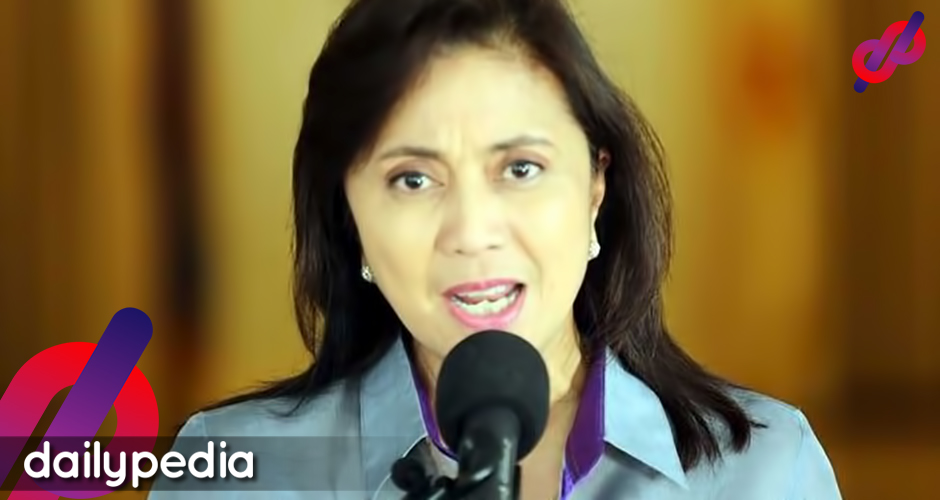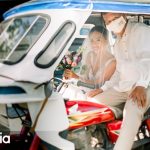Vice President Leni Robredo said that it is crucial for the government to succeed in its vaccination program after the Philippine economy shrunk significantly in the fourth quarter of last year.
“Alarming news today. GDP (gross domestic product) contracted by 8.3% in the 4th Quarter of 2020, which is worse than the forecasted -7.9%. This brings to -9.5% the 2020 full-year contraction, reportedly the worst since 1946,” she said on Facebook.

The country ended 2020 with its worst economic performance since it started releasing growth data in 1947. Data gathered by the Philippine Statistic Authority showed that the 9.5 percent decrease in GDP was the worst ever in the country’s history.
This is even worse compared to former president Ferdinand Marcos’ last years as a dictator and the 0.5 percent reduction during the 1998 Asian financial crisis, which was the last time the Philippine economy contracted prior to 2020.
Filipinos experienced the economic plunge into recession during last year’s second quarter following a GDP contraction of 16.5 percent caused by intense lockdown restrictions implemented by the government in an effort to flatten the curve. This move only closed more businesses and sent people into joblessness.
Robredo said that a negative 8.3 percent record on the GDP for the fourth quarter surpassed economic projections for the Philippines.
This is a big reason a successful vaccination program is needed. When herd immunity is achieved, businesses can start operating once again and help the economy bounce back from the rubble that it is in today.
“We’re hoping to perform better in 2021. It is crucial that we do not bungle our vaccination rollout. The number of new cases is still in the thousands each day and an effective vaccination plan will be a game-changer. It is not the be-all and end-all but it will definitely increase overall confidence,” Robredo added.
She stressed that it would take a lot before a recovery is possible. The Philippines is not expected to bounce back right away due to the pandemic.
She previously advocated for a change in policy and more transparency in the category of vaccine procurement for a better chance at economic recovery.
The month of February according to government officials will see the rollout of vaccines but a definitive date is yet to be given,
“Comparative figures with our Asian neighbors indicate it will take us a much longer time to recover. Household consumption and demand is still down. In a consumption economy like ours, this is bad news,” Robredo said.
However, the Duterte administration’s economic managers are optimistic that the country will make a recovery in 2021. In a joint statement posted on the National Economic and Development Authority’s website, the economic cluster said that it was still able to avert long-term negative effects.
“The Development Budget Coordination Committee (DBCC) estimates that the economy will grow by 6.5 to 7.5 percent in 2021 and by 8 to 10 percent in 2022. The Duterte administration’s efforts to increasingly open the economy while taking resolute steps to fast-track the vaccination program and keep the COVID-19 caseload to the lowest level possible would boost business and consumer confidence that are crucial to a robust economic recovery,” the economic managers said according to a statement posted on the National Economic and Development Authority’s website.
“All of these efforts to contain the coronavirus and revive the economy will allow us to prevent long-term economic scarring and productivity losses and recover to the pre-pandemic level by mid-2022. Our early progress in reducing poverty and attaining most of the ten-point socioeconomic agenda by mid-term or in 2019 has prepared the country better and put it on a more solid path to recovery,” they added.


